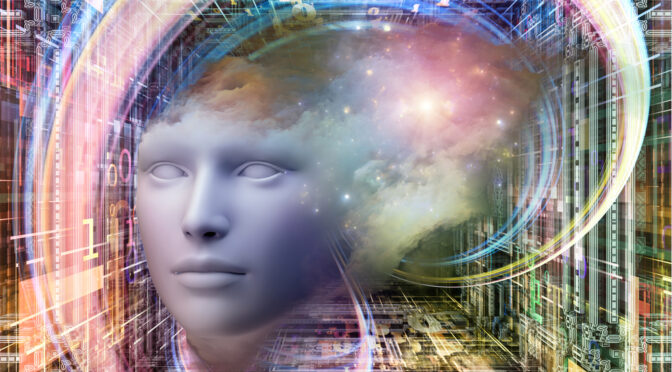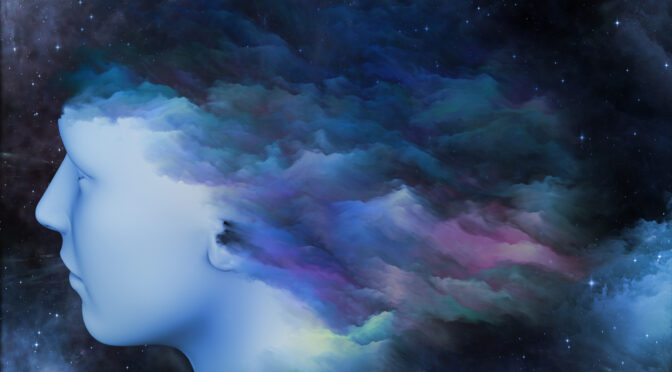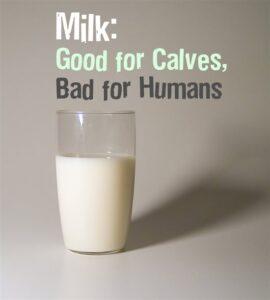When you were little, were you afraid of the dark? Most of us were. And I doubt we ever thought to question this fear. We were almost naturally taught to be afraid of the dark, because the dark is full of unknown things that might hurt us.
But what usually happened when you turned the light on? You learned the unknown things were not so scary. And they were not so unknown. They were just part of the environment.
We learned to associate darkness with scary and unknown, and we learned it’s better not to speak with our dark thoughts and emotions. Turning the light on our emotional shadow is a lot more challenging than flicking a physical light switch on. So we avoid it. Superficiality is easier. But this darkness of our soul has a life of its own which thrives, whether or not we choose to acknowledge it. It’s there, and it’s powerful.
Understanding Darkness
This fear of our emotional complexity grew as we grew, and with time became our shadow. It’s a hidden part in us that influences our choices more often than we are aware.
In truth, much effort goes into repressing and hiding it from ourselves and others. It’s our dark side. The parts we are ashamed and afraid to show. But through denial, we fail to see that in the obscurity of darkness also lay our strengths.
For reasons originating in the past, we have decided to negate and hide this dark side without exploring it further. And so in return it keeps us distant from truly expressing ourselves. Continue reading









